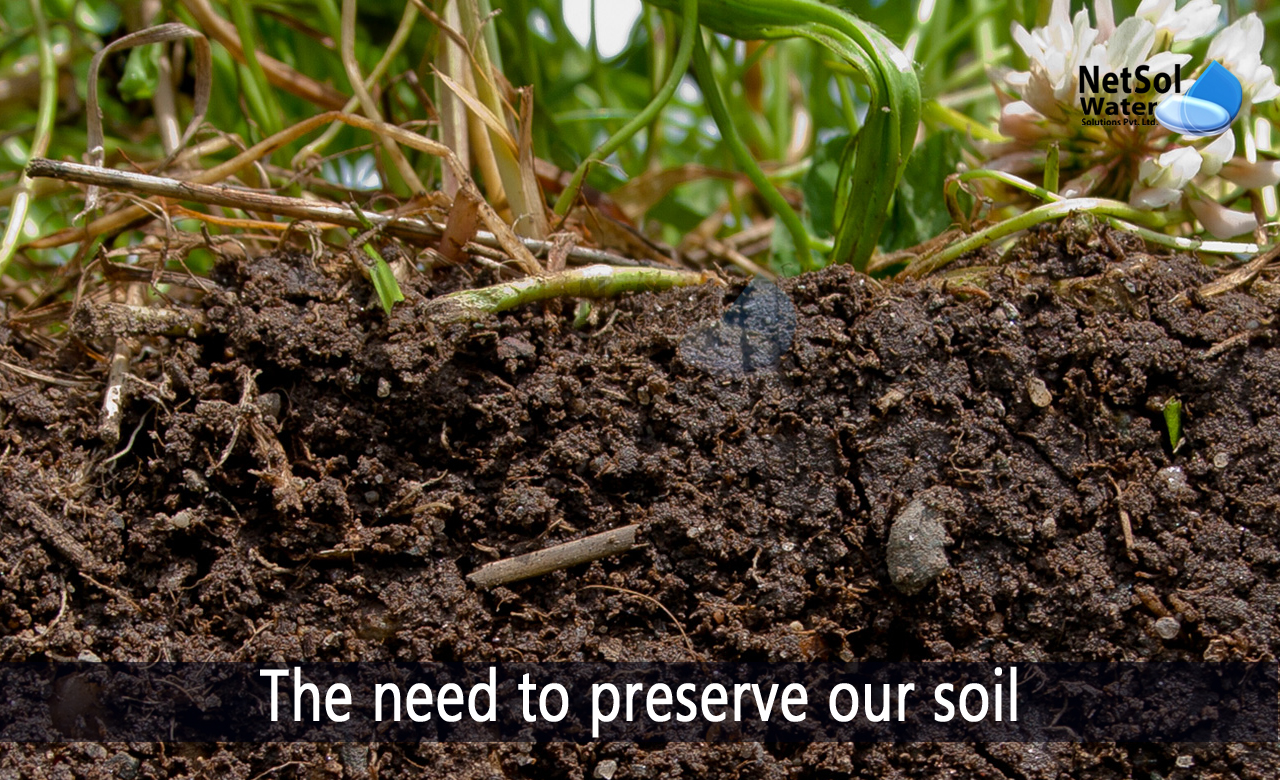Isn’t it alarming to learn that crop residue burning, a routine agricultural practise, is one of the main causes of air pollution in our nation. After harvest, the farm is cleaned up by burning crop residue. It is mostly done in paddy and wheat fields where farmers' harvesting equipment, leaves some of the crop behind, making it challenging for the farmers to prepare the land for a fresh batch of crops.
However, due to the scale at which it is carried out, this practise has a significant negative influence on the soil's fertility, and is a significant source of air pollution in North India. The majority of the agricultural waste burning in Punjab and Haryana throughout the winter, contributes to air pollution in Delhi. Acute respiratory infections are more likely as a result of this increased exposure to pollution, which increases the risk of early death for 75 million people as a whole.
According to studies, burning crop residue directly contributes to the regional and worldwide spread of airborne microorganisms, which pose a health risk. Burning crop debris damages the land and significantly contributes to air pollution. Therefore, there is a need to preserve our soil as well as our air.
Crop residue
It is made up of minerals, organic matter, and a wide variety of living things. These are all destroyed by fire.
What happens when crops are burnt?
1: Burning crop residue frequently can destroy up to 15 cm of the soil, and if the soil is destroyed to that depth, no living creature can survive there.
2: The chemical components of soil are rendered unsuitable for plant growth by fire.
3: The top soil's moisture is completely sucked away by fire, leaving the ground desolate. Despite its abundance, dirt is only valuable because of all the things it contains.
4: The soil becomes extremely alkaline and unfriendly to plant growth as a result of the ash, produced by paddy burning.
5: Many of the creatures in soil share a symbiotic relationship with plants. This ecology exists.Crops benefit from several kinds of creatures in various ways. It makes the soil physiologically sterile by eradicating the local microbial population. Fire does not differentiate between good and harmful germs, though, does it?
How much will it cost us?
To prevent our farmers from setting their farms on fire, India spentthree times as much as our central health budget. 75,563 instances of crop waste burning were discovered by the government, using satellite-based remote sensing.
Why is it even happening?
One could argue that crop residue burning is an immediate consequence of machine harvesting, in which some of the crop is left behind. Farmers are forced to try and use the equipment even if it is counterproductive, because it is the only assistance they receive because the government provides subsidies on farming equipment.
Additionally, there are machines to remove agricultural residue from fields, although farmers admit that none of the equipment is necessary and that it just raises costs, and requires training to use.These types of subsidies are essentially a holdover from the Green Revolution era, when mechanisation and synthetic fertilizers were marketed as the future of improved agricultural output.
What do we need to save the soil?
Given the years of groundwater and land contamination brought on by chemical fertilizers, we can all agree that finding a sustainable solution is much more important, than adhering to damaging and out-dated "modern" theories.
The federal government is beginning to realise what needs to be done. NITI Aayog, a government think tank, is searching for solutions that can turn crop waste into compost. They are considering funding studies on the management and use of agricultural waste. Given how strongly government programmes are reliant on agricultural reforms, this is a significant step in the right direction.
What alternatives exist?
Composting can be used to make compressed natural gas, which is one of the most practical and cost-effective ways to stop crop burning.Composting the leftover material to create organic fertilizer is the greatest method for agriculture, in order to maintain and improve the soil's fertility, which is urgently needed.
With the aid of our experts, Netsol Water Solutions has developed a technique to assist farmers in organically maximizing the potential of their soil. Composting the crop waste instead of burning it will prevent additional soil deterioration. However, it should be treated with the minerals that it has been robbed of, in order to restore its fertility to where it was initially.
How can we assist further?
We are dedicated to offering water, wastewater and air pollution management solutions, which encourage corporate growth while simultaneously safeguarding the world's most valuable resources on the Earth. We also take each step to preserve our water, air and soil from pollution by providing advanced treatment technologies.
Netsol Water is Greater Noida-based leading water & wastewater treatment plant manufacturer. We are industry's most demanding company based on client review and work quality. We are known as best commercial RO plant manufacturers, industrial RO plant manufacturer, sewage treatment plant manufacturer, Water Softener Plant Manufacturers and effluent treatment plant manufacturers. Apart from this 24x7 customer support is our USP. Call on +91-9650608473, or write us at enquiry@netsolwater.com for any support, inquiry or product-purchase related query.



